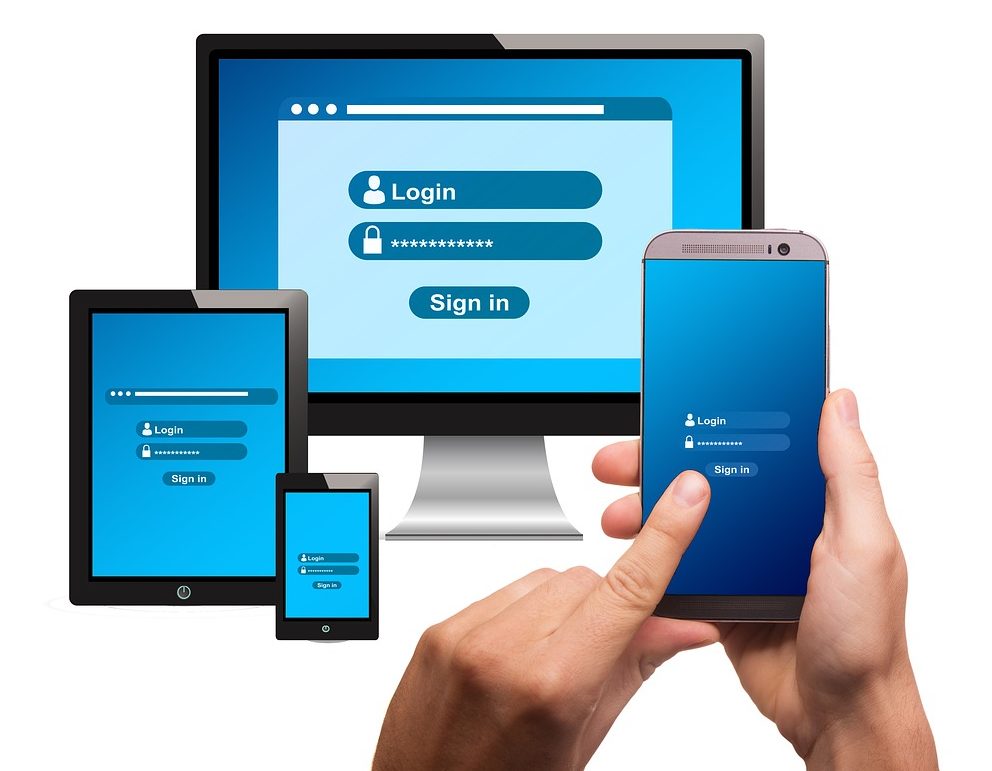You should be using two factor authentication

For small business owners, the risk of data breaches and fraud is high, so taking all the necessary steps to protect your sensitive data is a must.
Unfortunately for many entrepreneurs the decision to increase their company’s data protection comes too late – after they’ve been victimized by a malicious hacker.
The good news is, simple and inexpensive steps can be taken to avoid being hacked. According to a recent study, 80% of data breaches could be prevented if users simply implemented two-factor authentication.
In this article you’ll learn how Two Factor Authentication (2FA) works, as well as the pros and cons of using it to secure your company’s digital data.
Encrypted passwords aren’t enough
 Cybercrime is on the rise, and the vast majority of hacking-related data breaches involve weak or stolen passwords.
Cybercrime is on the rise, and the vast majority of hacking-related data breaches involve weak or stolen passwords.
Unfortunately, if someone has access to – or finds a way to decode – an encrypted password, without another layer of security it’s all too easy to access a vulnerable account.
Two-factor authentication prevents data security breaches by requiring users to enter more than a username and password to sign into an account. Once the first password has been entered, a second, time-sensitive verification code is sent to another device for the user to unlock access.
The second factor typically takes the form of an auto-generated code, an OTP (one time password), or a biometric verification on a device (such as a fingerprint). 2FA apps are your best bet
Authenticator apps like Microsoft Authenticator are free, user-friendly options designed to increase data security across your devices.
With Microsoft Authenticator you get the benefits of two-factor authentication without the need for a password. Instead, you sign in securely using your phone and a PIN, fingerprint, or facial recognition. Y ou can choose to use a password to sign in, and the app will create a new verification code that refreshes every 30 seconds.
Other options for 2FA apps include Authy, Blizzard, and Google Authenticator (an excellent choice as it will sync to any service and run without a wifi or cell connection).
The limitations of two-factor authentication
Although 2FA does make it considerably more difficult for a cybercriminal to hack your data, there are instances where your sensitive info can become vulnerable (if, for instance, someone were to steal your smartphone and hijack your SIM).
A smart hacker who knows your phone number can easily slip past the second authentication barrier by redirecting 2FA notifications to their own devices and entering the verification code to access your accounts.
Final Thoughts
 An additional security barrier is recommended for any website that saves your sensitive personal or company data – bank websites, accounting software, cloud storage, calendar, communication apps, social media networks, password managers, and email accounts.
An additional security barrier is recommended for any website that saves your sensitive personal or company data – bank websites, accounting software, cloud storage, calendar, communication apps, social media networks, password managers, and email accounts.
To increase protection even more for your online accounts, consider adding a hardware layer of protection with a YubiKey – a small metal and plastic key that connects to your computer or phone to authenticate web logins.
And don’t overlook Google Advanced Protection – a more complex security system designed to lock down your data, heralded by Wire magazine as currently the most secure authentication protection for any online software.
Chat to us to find out how we can help your business.
